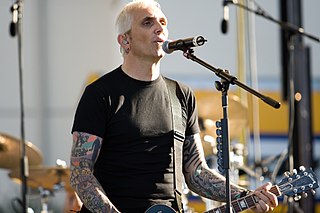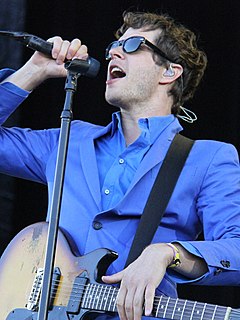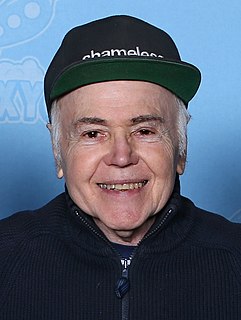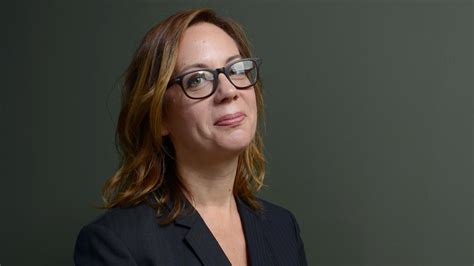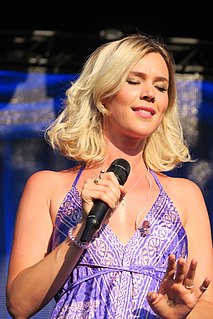A Quote by Art Alexakis
Related Quotes
When you ask people what it is like being part of a great team, what is most striking is the meaningfulness of the experience. People talk about being part of something larger than themselves, of being connected, of being generative. It becomes quite clear that, for many, their experiences as part of truly great teams stand out as singular periods of life lived to the fullest.
For the most part, my characters don't talk to me. I like to lord over them like some kind of benevolent deity. And, for the most part, my characters go along with it. I write intense character sketches and long, play-like conversations between me and them, but they stay out of the book writing itself.
